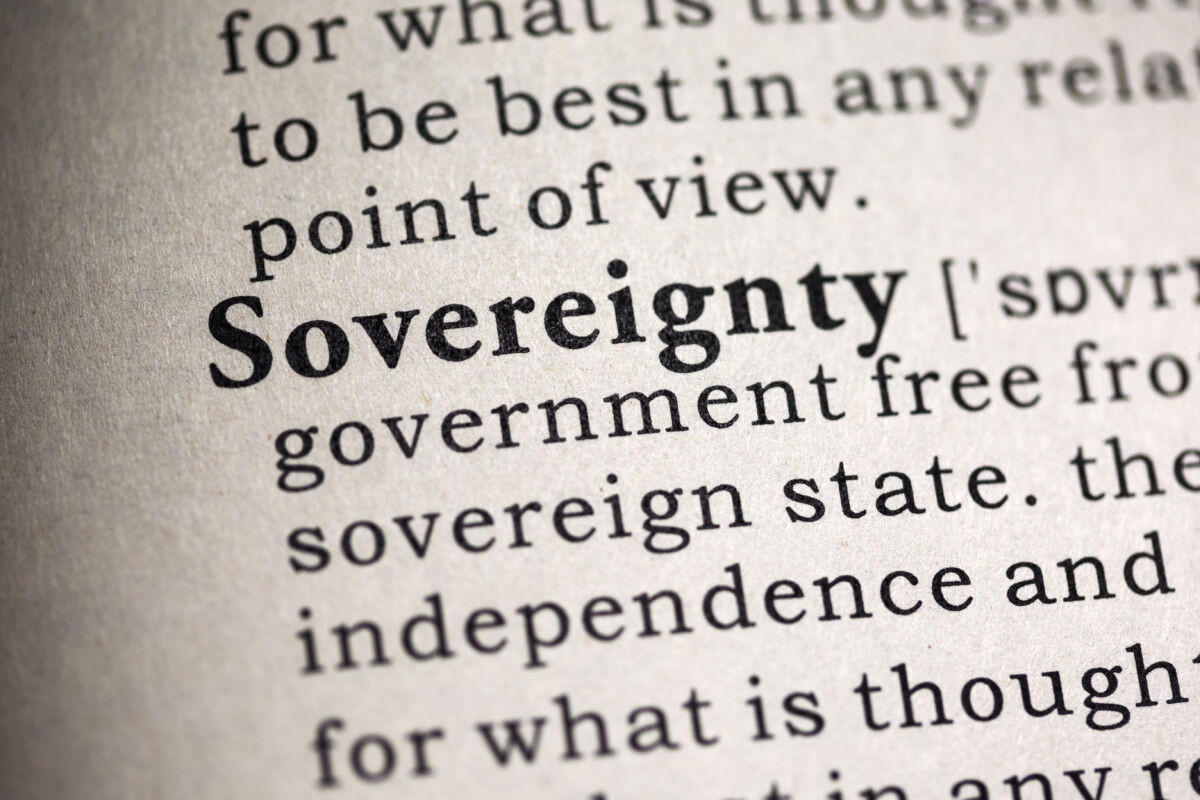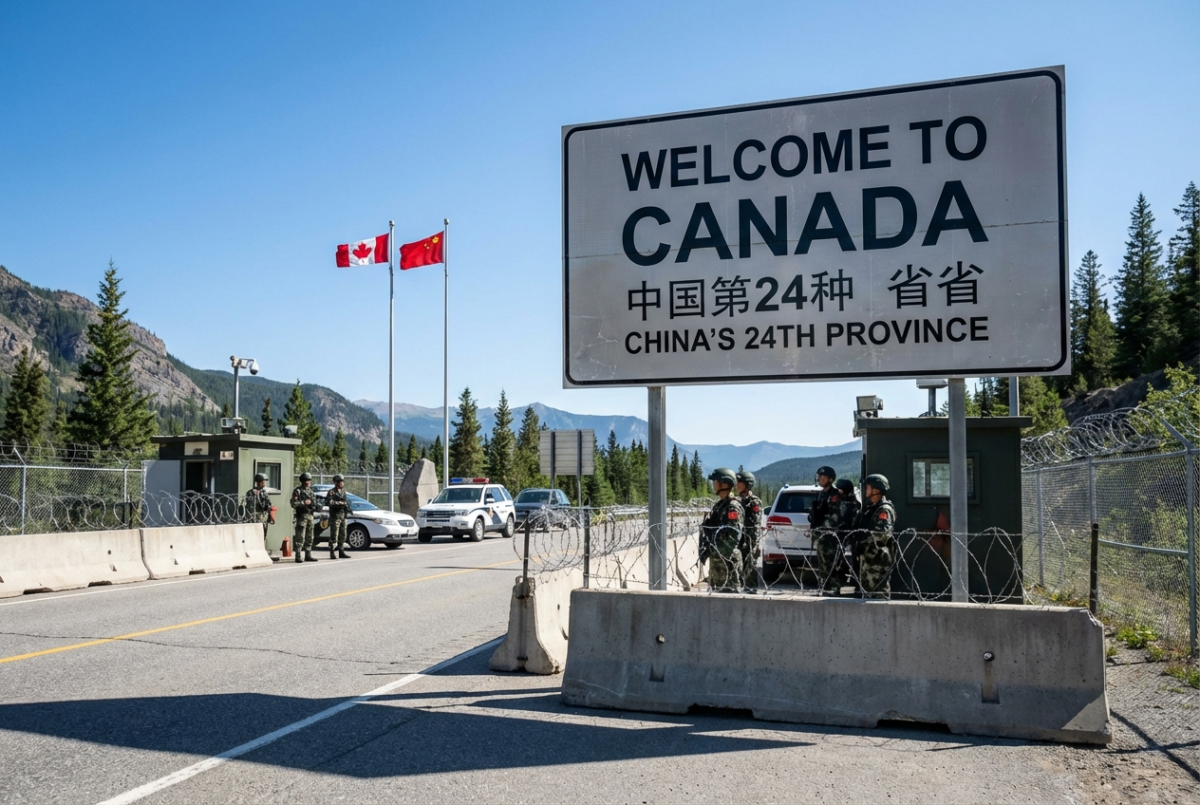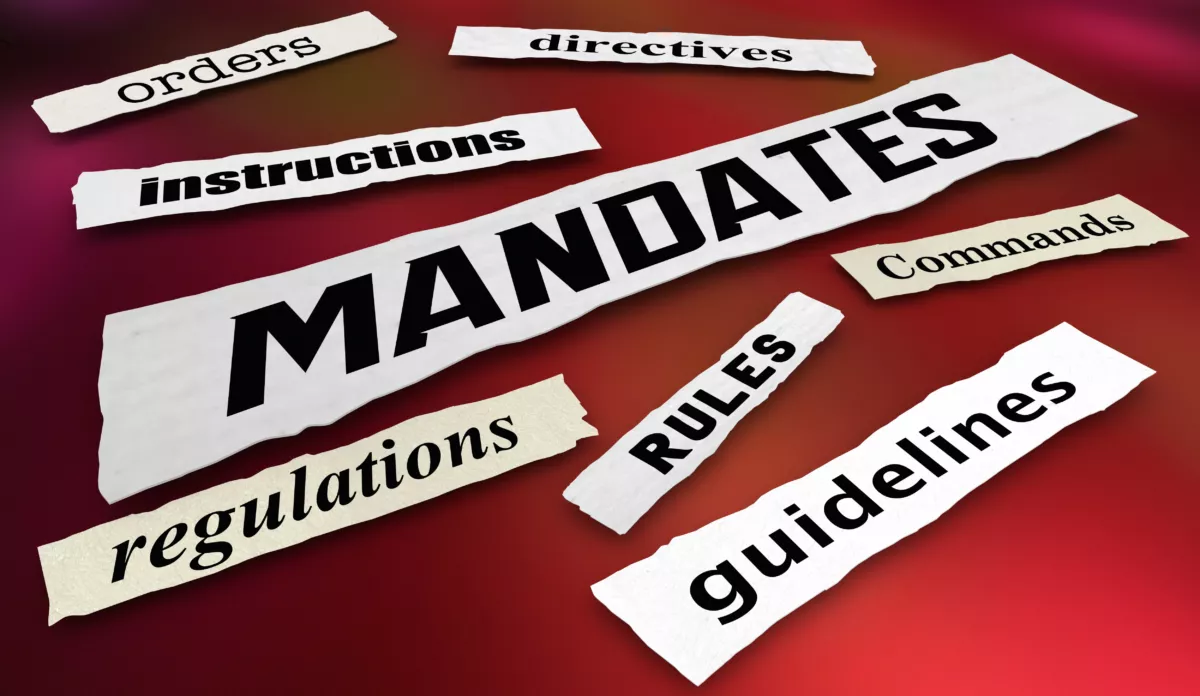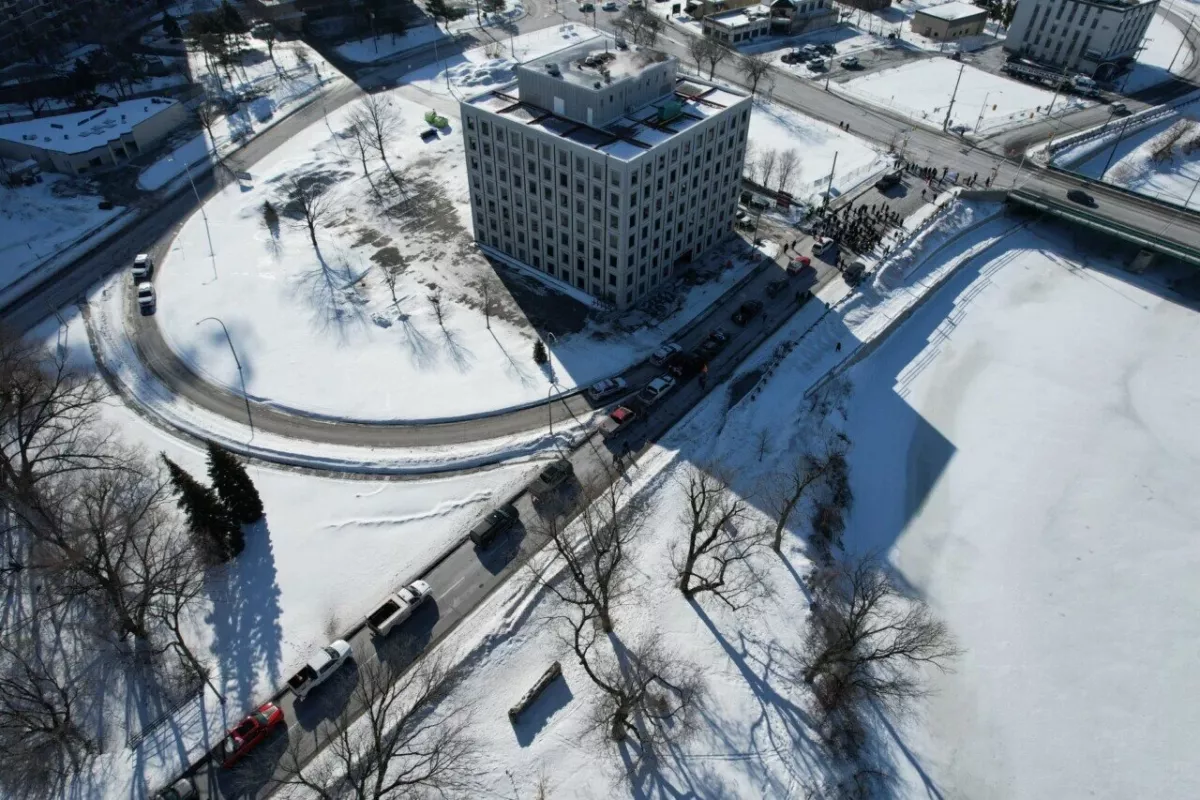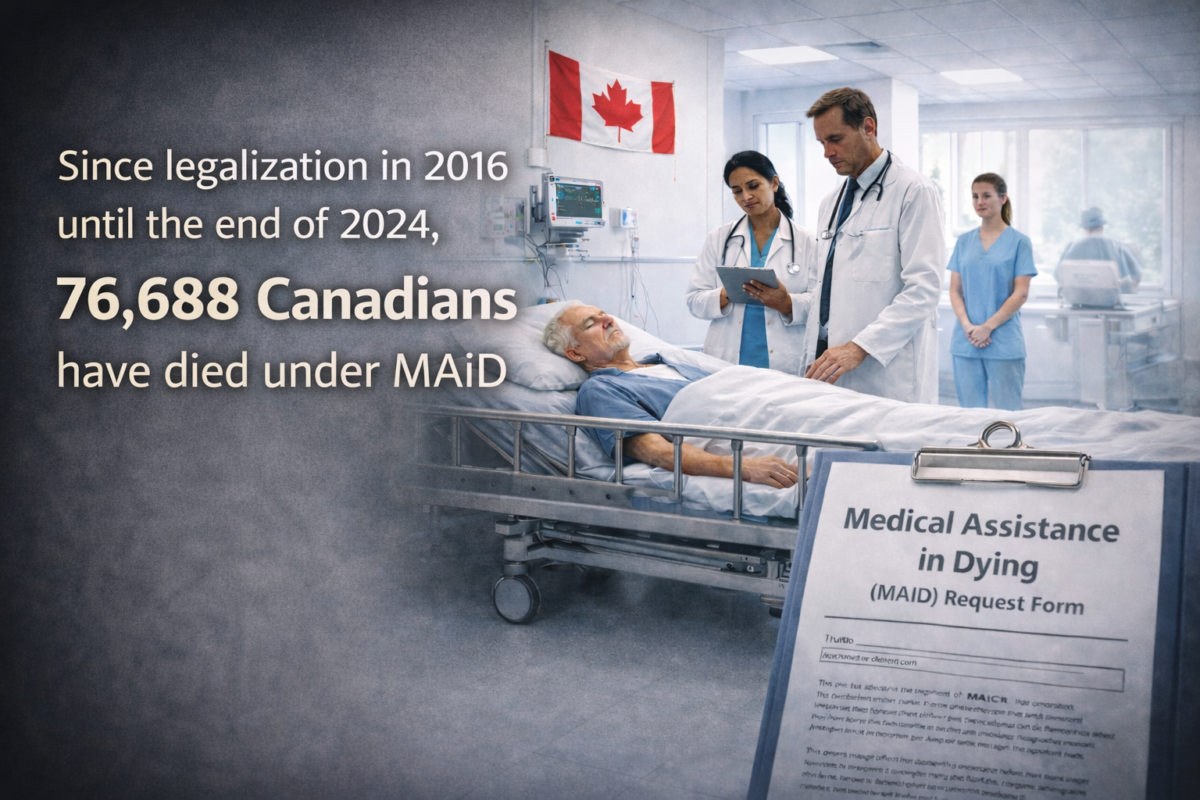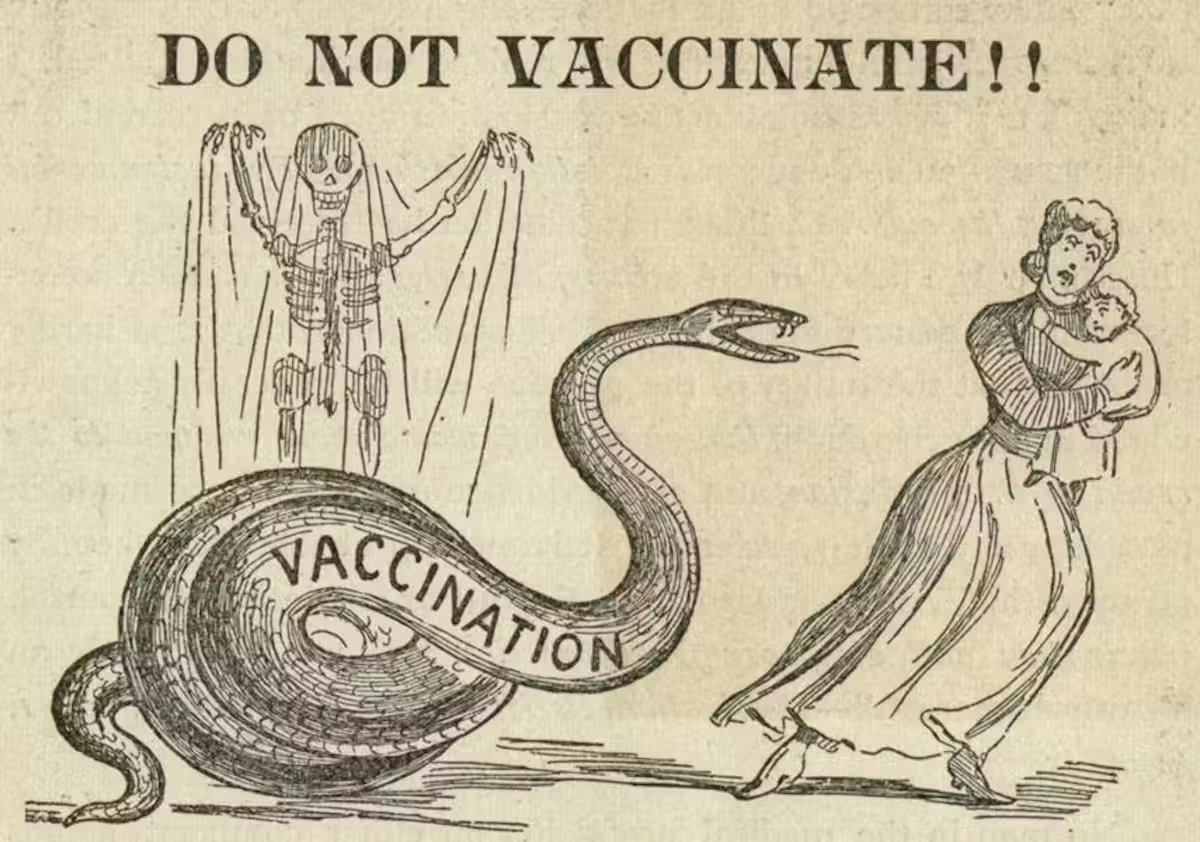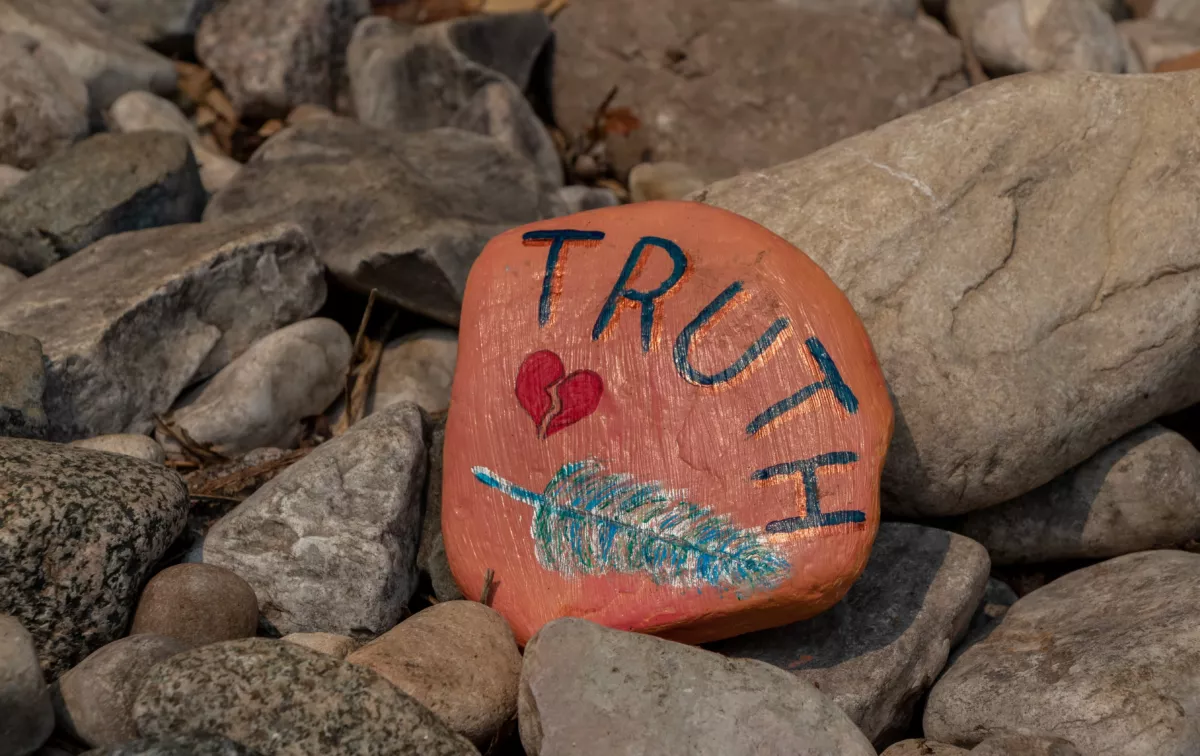The Rise of the Sovereign: Why More Canadians are Reclaiming Common Law and Natural Rights
By Lani Gelera
Over the last decade, Canada has witnessed a rising movement of citizens seeking to reclaim their rights through common law, natural law, and constitutional frameworks. The call for sovereignty is no longer limited to Indigenous communities—it is becoming a nationwide awakening as Canadians respond to increasing government overreach, systemic corruption, and violations of personal freedoms.
A Nation Awakens
Public trust in Canadian institutions has plummeted. According to a 2023 Edelman Trust Barometer survey, only 24% of Canadians said they trusted their government “to do what is right.” The handling of the COVID-19 pandemic, especially the invocation of the Emergencies Act in February 2022 to end peaceful protests, raised serious questions about governmental overreach.
Federal contracts with pharmaceutical companies such as Pfizer and Moderna remain partially redacted under Access to Information requests, fueling public skepticism around transparency and accountability. Meanwhile, government contracts linked to WE Charity and SNC-Lavalin scandals further eroded trust in federal institutions.
Don’t lose touch with uncensored news! Join our mailing list today.
In response, many Canadians are questioning centralized authority and looking inward, to their inherent rights as individuals.
A Sovereignty Movement Takes Root
This awakening has sparked renewed interest in:
- Common Law: As Canada’s foundational legal system (prior to the dominance of statutory law), common law emphasizes precedent and individual rights. It remains active in civil matters unless overridden by statute.
- Natural Law: Although not codified in Canadian law, natural law principles—right and wrong determined by conscience and divine order—are reflected in foundational documents such as the Charter of Rights and Freedoms.
- Sovereign Trusts and Declarations: Educators across Canada have introduced thousands of people to the legal process of reclaiming their name, establishing private trusts, and standing as living men and women under natural law. While not yet recognized by the courts, this movement reflects a growing desire to separate from corporate-state structures.
Online communities and in-person seminars on private law, equity, and lawful remedy are now widespread across B.C., Alberta, Ontario, and Quebec. Telegram groups, podcasts, and print materials circulate ideas once considered fringe but now gaining traction.
Indigenous Leadership in Sovereignty
Indigenous nations in Canada have always maintained their own laws, governance, and spiritual systems. In June 2025, the Heiltsuk Nation ratified its own constitution—independent of Canada’s Constitution Act—asserting control over citizenship, governance, and resource management
In Restoule v. Canada, the Ontario Superior Court affirmed that the Crown failed to uphold its treaty obligations regarding annuities, marking a legal recognition of Indigenous jurisdiction and highlighting systemic breach of treaties by the federal government
These actions are more than political—Indigenous sovereignty is about spiritual restoration, land stewardship, and ancestral accountability.
Provincial Pushback and Federal Tension
The rise of provincial autonomy is another dimension of Canada’s sovereign awakening. Alberta passed the Sovereignty Within a United Canada Act in 2022, empowering the province to reject federal laws it deems unconstitutional or harmful to Alberta’s interests.
This act sparked debate across the country, with Saskatchewan proposing similar legislation. These actions indicate a growing divide between federal authority and regional governance, especially on issues like energy, resource rights, and environmental policy.
Meanwhile, provinces like Quebec and British Columbia have long exercised unique autonomy over immigration, education, and environmental regulations, often resisting federal encroachment.
From Obedience to Inner Authority
The sovereignty movement isn’t just legal—it’s personal. Canadians are waking up to the idea that they are not merely subjects of the Crown or participants in a corporate-state matrix.
Some are exploring the corporate entity theory—the belief that citizens are unknowingly registered as corporate entities via their birth certificates. While this theory is not legally recognized in Canadian courts, it has become symbolic for those reclaiming their identity as “living men and women.”
Others are studying the Bank of Canada Act, learning that the Bank was originally created to lend interest-free to provinces and municipalities—a practice that changed after Canada joined the International Monetary Fund (IMF) in 1974. This economic sovereignty debate is central to calls for monetary reform.
People are asking: Who gave the government its power? Who does it serve? And how do we reclaim what is inherently ours?
A Sovereign Future
Sovereignty is not a political party. It’s not a conspiracy theory. It is a principle rooted in responsibility, natural law, and the belief that all people are born free.
Canadians from all walks of life—veterans, healers, lawyers, farmers, Indigenous elders, and parents—are stepping forward.
They are challenging mandates, writing notices of liability, withdrawing consent, educating others, and asserting their rights peacefully.
As this movement grows, the resistance from legacy institutions will likely increase. But once a person sees through the illusion of control, the illusion dissolves.
We are witnessing the dawn of a sovereign renaissance.
This is the moment.
This is the Rise of the Sovereign.
Lani Gelera is the co-author and producer of The Brave book series—an inspiring collection of true stories from freedom fighters, truth seekers, and sovereign Canadians who rose to speak truth to power during a pivotal time in our nation’s history. Follow her journey and join the conversation on Facebook: facebook.com/LadyBravenofthePride
References:
- Edelman Trust Barometer Canada 2023: edelman.com/trust-barometer/2023/trust-barometer
- Reuters / CBC on Emergencies Act: reuters.com/world/americas/canada-pm-invoke-emergencies-act-deal-with-protests-cbc-2022-02-14
- AP News judge ruling unreasonable: apnews.com/article/canada-truck-protests-trudeau-court-covid-d7e6640f817ee12410bb99840a3df41b
- iPolitics on vaccine contract redactions: ipolitics.ca/2021/06/14/feds-criticized-for-how-they-disclosed-redacted-vaccine-contracts
- Dalhousie Law confirming contract redactions: digitalcommons.schulichlaw.dal.ca/1363
- Globe & Mail / CBC for WE charity, SNC-Lavalin scandals: theglobeandmail.com/politics/article-pmo-pressed-justice-minister-to-abandon-prosecution-of-snc-lavalin
- Guardian, Global News on Heiltsuk Nation constitution: theguardian.com/world/2025/jun/12/canada-indigenous-heiltsuk-constitution
- Restoule v Canada legal summaries: en.wikipedia.org/wiki/Restoule_v_Canada
- Alberta Sovereignty Act details: alberta.ca/alberta-sovereignty-within-a-united-canada-act

